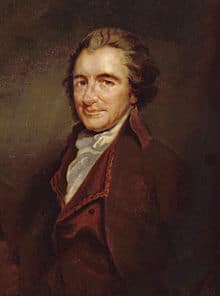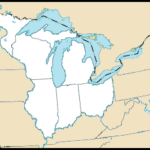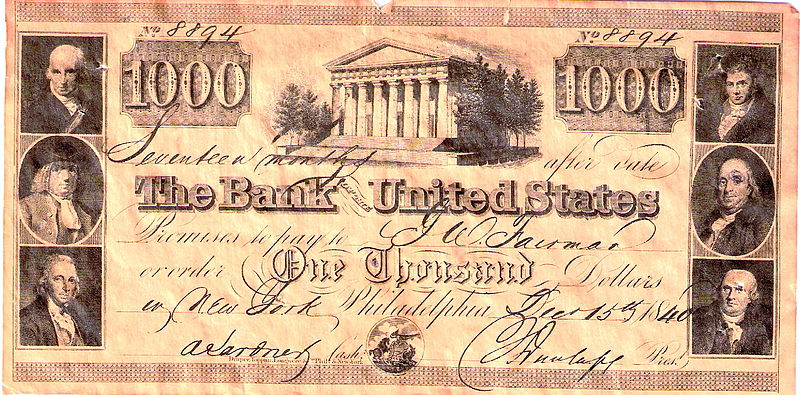No, this blog post is not about the “common sense” that you wish more people had when they were driving (C’mon! Use your signal light, man!). Instead, you should read this blog post if you’re interested in Thomas Paine’s Common Sense, a pamphlet published in 1776 that helped explain revolutionary aims to more common colonists.
What was Common Sense?
To answer that question, we need to know a little bit about the guy behind Common Sense – Thomas Paine.

Paine was an intellectual whose political philosophy was rooted in the Enlightenment (think natural rights and self-government). Enlightenment thinkers from John Locke to Montesquieu were championing ideas that put reason and classification above superstition and tradition. The legacy of these ideas was far-reaching, not only for how we think of knowledge today (in terms of academic disciplines) and the emphasis we, as a society, put on scientific reasoning (most of us, anyway).
But if you were a regular colonist, some of these ideas could seem a bit abstract. Paine’s Common Sense comes along and makes the argument for revolution – citing Enlightenment ideals as his evidence – in language that an average colonist could understand.
Take a look at the following passage:
“The present time, likewise, is that peculiar time which never happens to a nation but once, viz., the time of forming itself into a government. Most nations have let slip the opportunity, and by that means have been compelled to receive laws from their conquerors, instead of making laws for themselves. First, they had a king, and then a form of government; whereas the articles or charter of government should be formed first, and men delegated to execute them afterwards; but from the errors of other nations let us learn wisdom, and lay hold of the present opportunity — TO BEGIN GOVERNMENT AT THE RIGHT END.
When William the Conqueror subdued England, he gave them law at the point of the sword; and, until we consent that the seat of government in America be legally and authoritatively occupied, we shall be in danger of having it filled by some fortunate ruffian, who may treat us in the same manner, and then, where will be our freedom? Where our property?”
– Thomas Paine, “Of the Present Ability of America: with some Miscellaneous Reflection”, Common Sense
Paine does something quite extraordinary here: he makes the case for revolution – and sound government – in terms that people could actually understand. And make no mistake: Paine was arguing for something that was unusual in the 18th century. One could argue whether or not Paine was being too optimistic about the ability of the nascent United States to defend itself against the great British empire, but the effects of this optimistic were clear: Common Sense sold nearly 100,000 copies in 1776. Relative to the population of the 13 original colonies (2.5 million), Common Sense had the largest sale and circulation of any book in the colonies at that time. Common Sense is still in print today.
So that’s it? It sold a bunch of copies? Why else does Common Sense matter?
Well, first and foremost, selling that many copies is impressive! I’d like to see you try.
But even more than that, Common Sense changed the dynamics of the argument for the revolution. If you remember my blog post on salutary neglect and the Navigation Acts, you will know that taxes were a large part of the story that led the colonists to declare independence.
However, there were many – many – who argued that taxes were a small price to pay for being a part of the British empire (and a lucrative part at that). They petitioned, unsuccessfully, that the British government should ease the colonists’ tax burden; these individuals were not immediately seeking revolution. This was the case even after the Battle of Lexington and Concord. Many of these Loyalists argued for reconciliation, not rebellion.
Common Sense changed the conversation.
In this pamphlet, Paine outlined the evils of Great Britain in the form of monarchical and aristocratic tyranny. The colonists were not revolting for revolution’s sake; instead, they were righting a wrong that had been done to them by the mother country. In fact, Paine argued, that Great Britain was not, in fact, the mother country.
“But Britain is the parent country, say some. Then the more shame upon her conduct. “Even brutes do not devour their young, nor savages make war upon their families. Wherefore, the assertion, if true, turns to her reproach; but it happens not to be true, or only partly so, and the phrase PARENT OR MOTHER COUNTRY hath been jesuitically adopted by the King and his parasites, with a low papistical design of gaining an unfair bias on the credulous weakness of our minds. Europe, and not England, is the parent country of America. This new World hath been the asylum for the persecuted lovers of civil and religious liberty from EVERY PART of Europe. Hither have they fled, not from the tender embraces of the mother, but from the cruelty of the monster; and it is so far true of England, that the same tyranny which drove the first emigrants from home, pursues their descendants still.”
– Thomas Paine, “Thoughts on the Present State of American Affairs”, Common Sense [emphasis added]
It is here that we find another impact of Common Sense: changing the pedigree of the fledgling country from that of exclusively British descent to that of broad European heritage.
What kinds of questions will I be asked on the APUSH exam about Common Sense?
Common Sense cites Enlightenment ideology through which of the following arguments:
I. Arguing that reason is more important than any other form of argument.
II. Arguing that individuals have the right to distance rebel against unjust governments.
III. Arguing that reconciliation is possible with England.
A. I only
B. II only
C. I and III
D. I and II
Correct Answer:
D; In Common Sense, Paine argues that reason, above superstition or tradition, is the most important factor in making decisions and that individual colonists should feel empowered to rebel against an unjust monarchy.





Leave a Reply